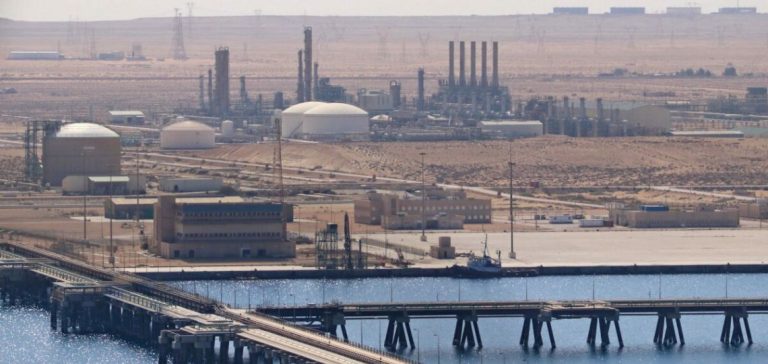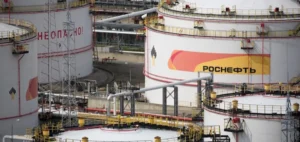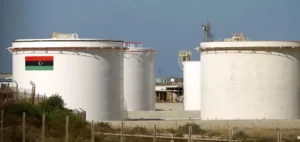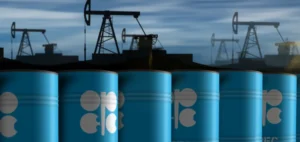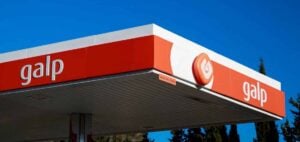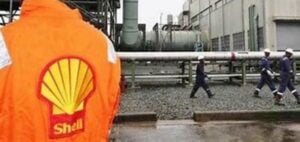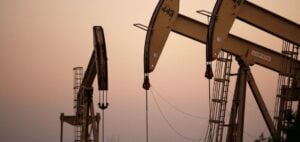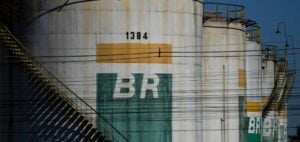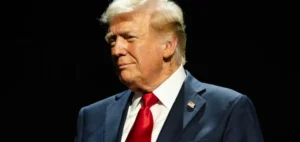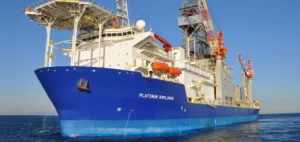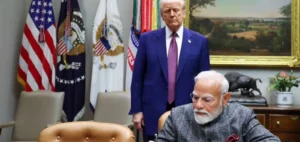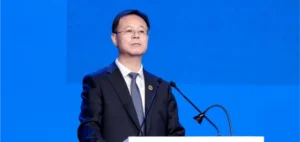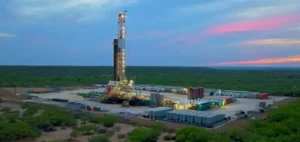Libyan authorities in the East have declared the resumption of oil production at the oil fields and the reopening of exports, which were halted due to a major political crisis opposing the rival government in Tripoli, recognized by the UN. This decision follows intense negotiations aimed at stabilizing the country’s oil sector.
The unrecognized government installed in the eastern part of the country announced the “lifting of the state of emergency on all oil fields and terminals” as well as “the resumption of production and exports,” according to a statement published on Facebook Thursday. This measure comes after joint efforts by the Speaker of Parliament and the High Council of State (HCE), based in Tripoli, to resolve tensions surrounding the Central Bank of Libya (CBL).
The agreement reached allows for the appointment of Naji Issa as the new governor of the CBL and Marii al-Barassi as vice-governor, thereby facilitating the reopening of oil operations. The CBL plays a crucial role in collecting and redistributing the revenues from oil exports to various regions and administrations in the country, constituting Libya’s main source of income.
Political and Economic Context
Since the fall and death of dictator Muammar Gaddafi in 2011, Libya has been engulfed in chaos, governed by two rival executives: Abdelhamid Dbeibah, recognized by the UN and based in Tripoli, and another government supported by Marshal Khalifa Haftar in the East. These tensions have often paralyzed the oil sector, vital to Libya’s economy.
The blockade imposed on August 26 by the eastern authorities had reduced oil production to approximately 600,000 barrels per day, half of previous levels. This paralysis was a response to the ousting of Governor Seddik el-Kebir by western authorities on August 18, a decision heavily criticized by Dbeibah’s entourage, who accused el-Kebir of favoring Haftar’s clan in managing oil resources.
Implications for the Libyan Oil Sector
The lifting of the blockade promises stabilization of the oil sector, essential for Libya’s economic recovery. The National Oil Corporation (NOC) has expressed optimism regarding the resumption of production and exports, which are crucial for the country’s revenues. This decision could also strengthen the Eastern government’s position in future negotiations aimed at unified governance of Libya.
International Reactions and Future Prospects
The international community, particularly Libya’s main economic partners, is closely monitoring this development. A stable resumption of oil exports could improve diplomatic relations and attract foreign investments essential for the country’s reconstruction. However, the situation remains fragile and will depend on the ability of Libya’s various actors to maintain constructive dialogue.


